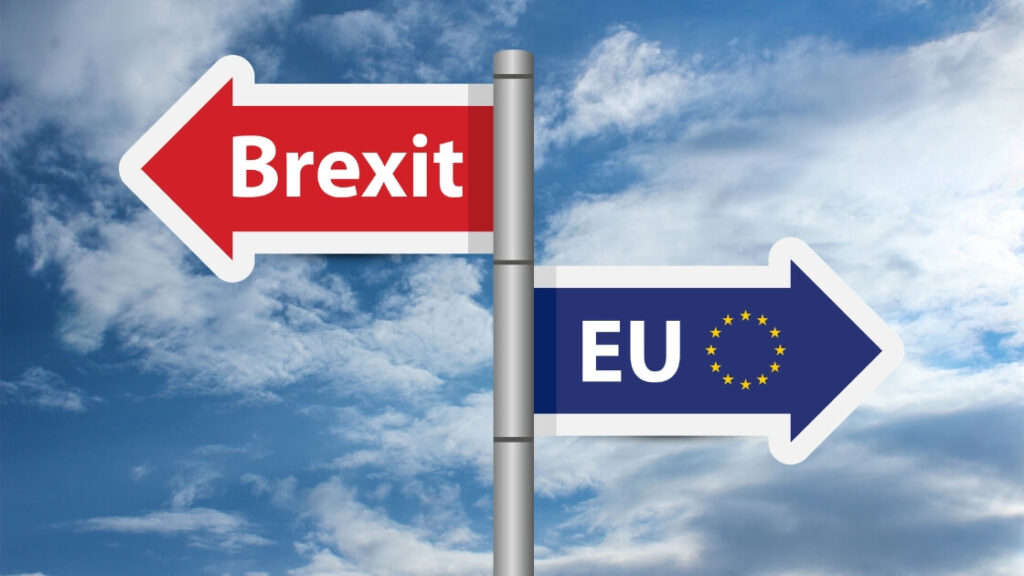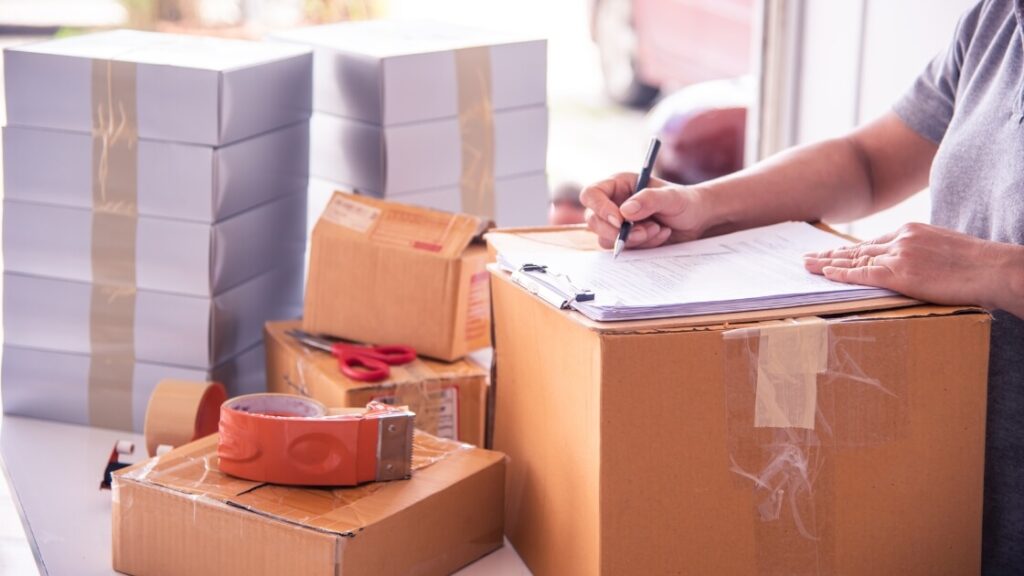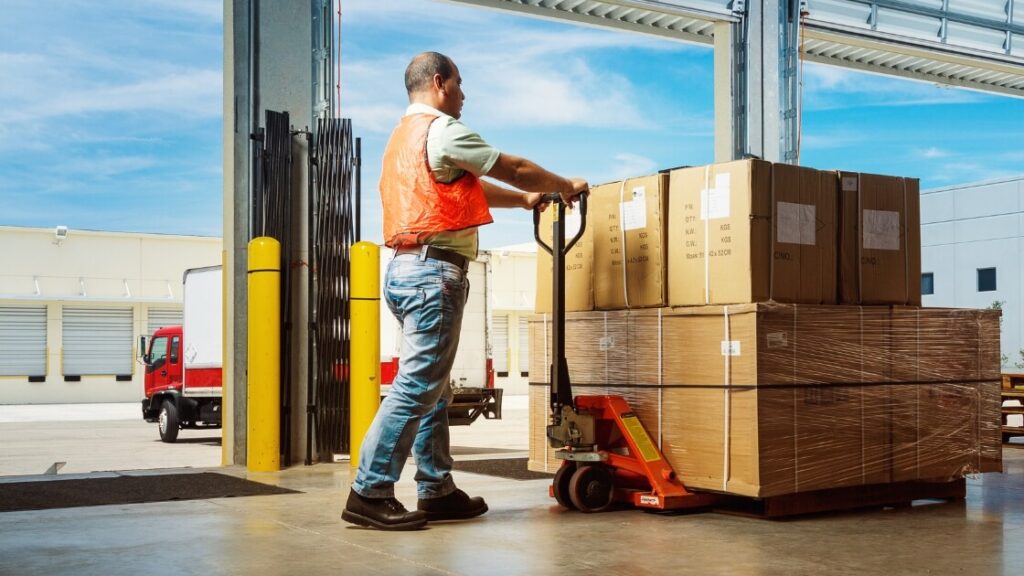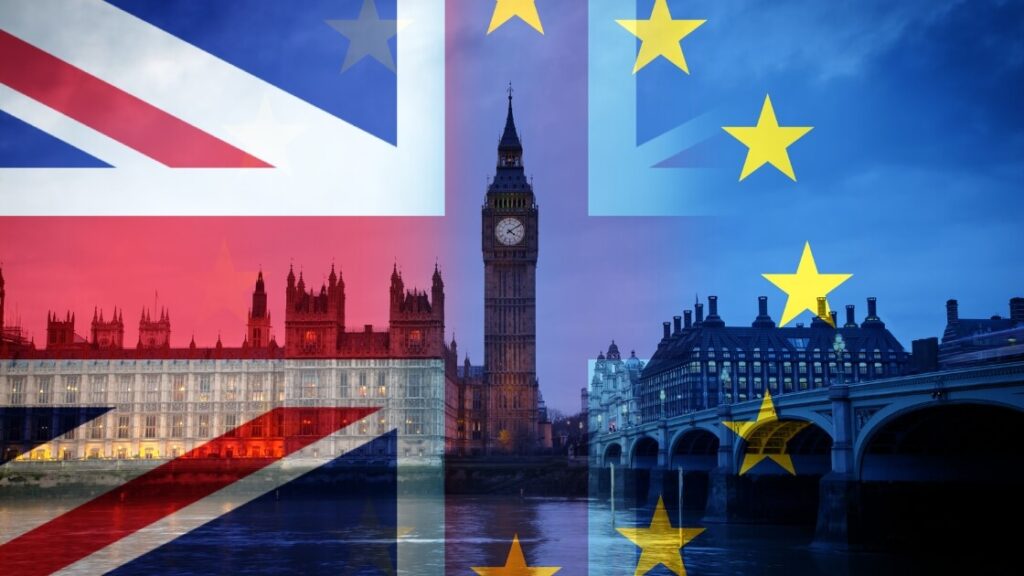Brexit has significantly altered shipping regulations between the UK and the EU, introducing new customs procedures, taxes, and documentation requirements. These changes have made international shipping more complex and costly for UK consumers.
Understanding these new rules is crucial to avoid delays, unexpected fees, and compliance issues when receiving goods from abroad. Navigating the post-Brexit shipping landscape requires careful attention to detail, especially with varying rules depending on the type of goods and their value.
To simplify this process, services like Sherpr can provide valuable assistance by managing customs paperwork, ensuring compliance with the latest regulations, and offering a seamless shipping experience. Whether sending or receiving packages, having a reliable partner like Sherpr can help UK consumers navigate the complexities of post-Brexit shipping with confidence.
Brexit’s Impact on Shipping Rules

Brexit has reshaped the landscape of trade between the UK and the EU, bringing about significant changes in shipping regulations. For businesses and consumers alike, understanding these new regulations is crucial to avoid delays, unexpected costs, and compliance issues.
Let’s explore the key changes Brexit has introduced to shipping regulations, focusing on customs procedures, tariffs, and documentation requirements.
Key Changes to Shipping Regulations
New Customs Procedures: One of the most significant changes brought by Brexit is the reintroduction of customs checks on goods moving between the UK and the EU. All shipments now require customs declarations, which detail the contents, value, and origin of the goods. This process can lead to delays, particularly if the paperwork is incomplete or incorrect. Additionally, both businesses and consumers must now account for customs duty and VAT, depending on the nature and value of the goods.
Introduction of Tariffs: With the UK no longer part of the EU’s single market, goods imported from the EU may be subject to tariffs, depending on trade agreements. While some goods may still qualify for tariff-free trade under certain conditions, many others are now subject to additional costs. These tariffs can affect the final price of goods, making it essential for businesses to factor them into their pricing strategies.
Enhanced Documentation Requirements: Shipping goods between the UK and the EU now requires more detailed documentation, including export and import declarations, proof of origin, and safety and security information. Incorrect or incomplete documentation can result in delays, fines, or even the return of goods to the sender. Ensuring all paperwork is accurate and complete is now a critical aspect of the shipping process.
The changes Brexit has brought to shipping regulations are complex and far-reaching. Understanding and adapting to new customs procedures, tariffs, and documentation requirements is essential for businesses and consumers to avoid costly mistakes. For those seeking assistance, shipping services like Sherpr can help navigate these challenges, ensuring compliance and a smooth shipping experience.
Shipping Baggage to and from the UK

Brexit has not only impacted commercial shipping but also personal baggage shipping for travellers between the UK and the EU. New regulations to send luggage overseas have introduced additional procedures that individuals must follow when shipping personal belongings or travelling with baggage across borders.
Brexit’s Impact on Personal Baggage Shipping
Customs Declarations for Personal Belongings: Post-Brexit, travellers shipping personal baggage between the UK and the EU must complete customs declarations. Whether you’re relocating, sending gifts, or returning home with personal items, these goods must be declared at the border. This includes providing details on the contents, value, and purpose of the items. Failing to declare items properly can result in delays, fines, or even confiscation of goods.
Changes in Duty-Free Allowances: The rules around duty-free allowances have changed as well. While travellers can still bring certain items like alcohol and tobacco into the UK duty-free, they must stay within the updated limits. Any items exceeding these allowances will be subject to customs duty and VAT. It’s important to be aware of these limits to avoid unexpected charges upon arrival.
Steps to Ensure Compliance

To ensure a smooth experience when shipping personal baggage post-Brexit, it’s crucial to follow these steps:
- Check the updated customs regulations before travelling.
- Prepare accurate documentation, including detailed lists of the items you’re shipping.
- Declare all goods honestly at the border to avoid penalties.
- Be aware of duty-free limits and calculate any potential customs charges in advance.
Brexit has introduced significant changes to personal baggage shipping, making it more important than ever for travellers to stay informed and prepared. By understanding the new rules and taking proactive steps to ensure compliance, you can avoid delays, fines, and other complications. Consider using a service like Sherpr to navigate these new challenges and ensure a hassle-free experience when shipping personal belongings across borders.
Shipping Goods: What’s Different Now?

Brexit has significantly altered the shipping process for goods between the UK and the EU, introducing new regulations that impact both businesses and consumers. These changes have added layers of complexity to the import and export processes, making it essential for all parties involved to understand the new rules to avoid delays and additional costs.
Changes in the Shipping Process Post-Brexit
Updated Import and Export Regulations: One of the most significant changes brought by Brexit is the overhaul of import and export regulations. Goods moving between the UK and the EU now require detailed customs declarations, including information on the origin, value, and classification of the goods. Businesses must also provide evidence of compliance with specific product standards and safety regulations. This increased paperwork can lead to delays at the border, especially if documentation is incomplete or inaccurate.
Impact on Businesses: The new regulations have had a profound impact on businesses, particularly those that rely on just-in-time supply chains. Delays caused by customs checks and additional paperwork can disrupt operations and increase costs. Businesses must also navigate new tariffs and VAT regulations, which can affect pricing strategies and profit margins. To adapt, many companies have had to invest in additional resources, such as customs agents and compliance specialists, to manage the more complex shipping process.
Impact on Consumers: For consumers, the changes mean longer wait times for deliveries and potential increases in the cost of goods. Items ordered from the EU may now take longer to arrive due to customs delays, and consumers may be required to pay additional customs duties and VAT before their goods are released. This has made it more important for consumers to be aware of these potential costs when purchasing from EU-based sellers.
Brexit has fundamentally altered the shipping process for goods, introducing new import/export regulations that have significant implications for both businesses and consumers. Understanding these changes is crucial to navigating the post-Brexit trade landscape effectively. By staying informed and adapting to the new rules, businesses can minimise disruptions, and consumers can avoid unexpected costs and delays. Services like Sherpr can help manage these complexities, ensuring a smoother shipping experience.
Practical Tips for Navigating Post-Brexit Shipping
Brexit has introduced new regulations that have complicated the shipping process between the UK and the EU. To navigate these changes successfully, it’s important to understand the new rules and take proactive steps to ensure your shipments go smoothly.
Stay Informed About Customs Requirements: Understanding the new customs requirements is crucial. Make sure to stay updated on the latest rules and regulations for shipping between the UK and the EU. This includes knowing which goods require declarations, understanding tariff classifications, and being aware of any restrictions on specific items.
Prepare Accurate and Complete Documentation: One of the most common pitfalls in post-Brexit shipping is incomplete or incorrect documentation. Ensure that all necessary paperwork is accurately filled out, including customs declarations, invoices, and proof of origin. Double-check details such as the value, weight, and description of goods to avoid delays.
Factor in Additional Costs: Be prepared for additional costs, such as customs duties and VAT, which may apply to goods imported from the EU. Include these in your budgeting to avoid surprises and ensure that your pricing strategies remain competitive.
Managing shipments under the new Brexit regulations requires careful planning and attention to detail. By staying informed, preparing accurate documentation, and factoring in additional costs, you can avoid common pitfalls and ensure a smooth shipping experience. For those who need extra support, services like Sherpr can help navigate these complexities, making the shipping process more efficient and stress-free.
How Sherpr Can Help

Brexit has introduced new challenges to shipping between the UK and the EU, making it essential to find reliable solutions for navigating these changes. Whether you’re a business or an individual, understanding the new regulations and ensuring compliance is crucial.
Let’s explore how Sherpr can assist with managing Brexit-related shipping changes.
Simplified Customs Management: Sherpr offers streamlined customs management services, handling all the necessary paperwork and ensuring your shipments comply with the latest regulations. This reduces the risk of delays and additional costs.
Comprehensive Support and Guidance: Sherpr provides expert guidance on the new shipping rules, helping you understand the implications of Brexit on your shipments. Their customer support team is available to answer any questions and offer tailored solutions.
Navigating Brexit-related shipping changes can be complex, but Sherpr’s comprehensive services make it easier. With their expertise in customs management and support, Sherpr helps ensure your shipments are compliant and stress-free.
Final Word
Brexit has significantly changed shipping rules between the UK and the EU, introducing new customs procedures, tariffs, and documentation requirements. These changes have added complexity to both business and personal shipments, making it essential to stay informed about the latest regulations. Accurate documentation and understanding of new costs are crucial to avoid delays and additional charges.
To navigate these challenges smoothly, consider using services like Sherpr, which offer expert support and streamlined customs management to ensure hassle-free shipping. Staying informed and seeking reliable assistance can help you adapt to the post-Brexit shipping landscape effectively.



